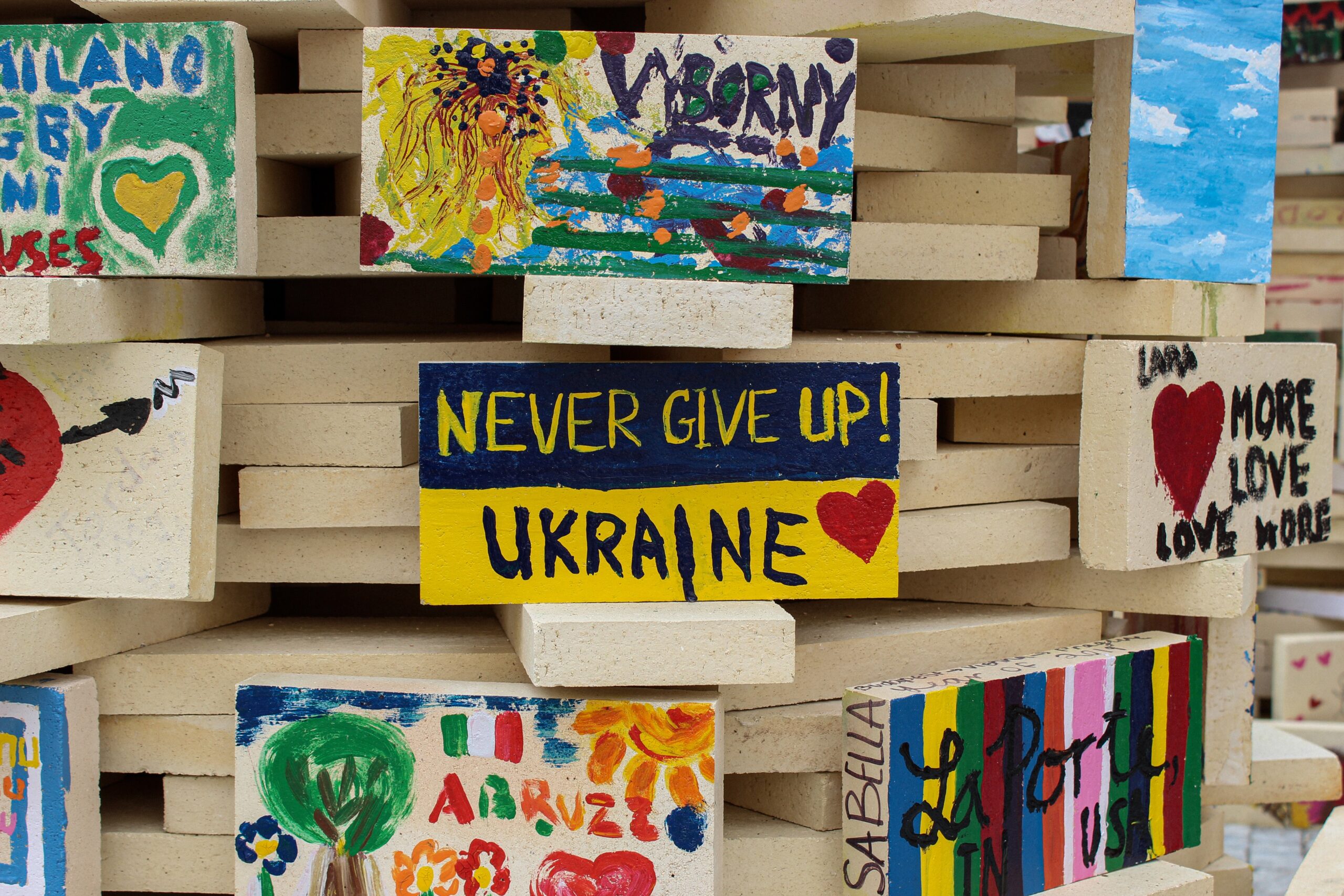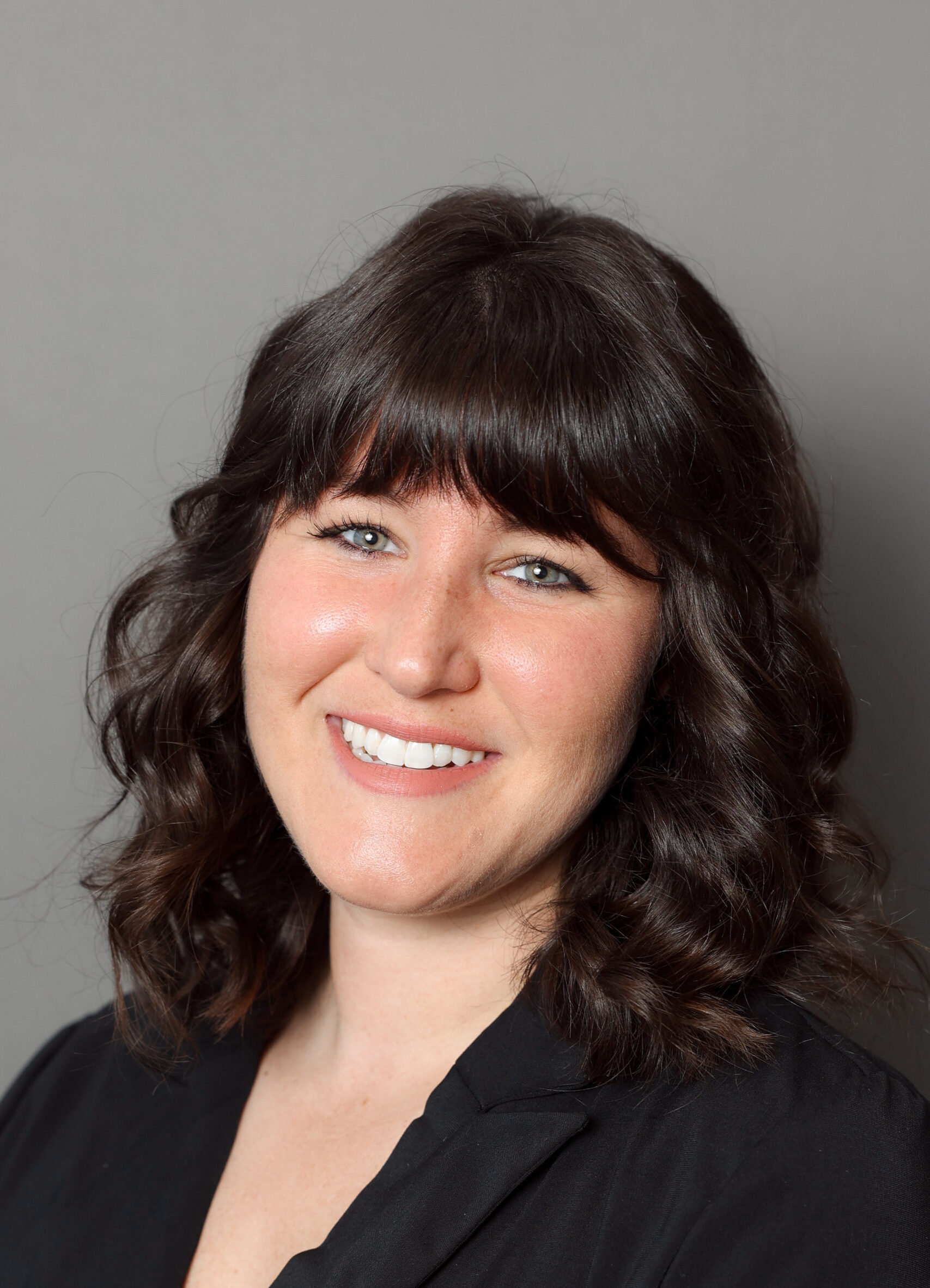Announcing grants from the Ukraine Humanitarian Crisis Recovery Fund

The Center for Disaster Philanthropy’s Ukraine Humanitarian Crisis Recovery Fund was established in February 2022 to focus on addressing humanitarian needs that arise, particularly among the most vulnerable, marginalized and at-risk people including those who are internally displaced (IDPs) within Ukraine and refugees who have fled due to the war. The fund prioritizes medium- and long-term solutions that ensure continued access to basic services and protect and strengthen the resilience of those most affected, who are often those that were already vulnerable, marginalized or underserved.
Through our grantmaking, CDP partners with local communities and organizations looking to ensure the long-term negative impact of the war is minimized, and opportunities are created for community-led solutions that not only help communities recover but also seek to address some of the systemic issues and root causes of vulnerability and inequity that existed before the crisis.
The programmatic scope of our fund encompasses many different sectors, including education, health, protection, shelter, water, sanitation and hygiene, and livelihood restoration and development.
Acting now to support a just and equitable recovery later
The overarching intent of this initial round of funding is to prioritize programs and initiatives that will help strengthen resilience and ensure an inclusive, fair and equitable recovery from the negative impacts of the war for all. Priorities include programs that target older people, people with disabilities, LGBTQIA+ populations, third-country nationals, such as refugees and asylum seekers, other minority groups, such as Roma populations, and children and youth. The grants also prioritize programs that focus on:
- Offering longer-term and durable solutions that support the most vulnerable and at-risk populations to build resilience, assimilate/integrate and support a pathway to recovery for their futures.
- Strengthening local capacities including local communities, humanitarian actors, organizations, infrastructure, leaders and systems.
- Ensuring better and more inclusive humanitarian action for marginalized and at-risk groups, including through investing in advocacy and improving coordination.
- Taking new and innovative approaches, including funding for pilot programs, research and evidence generation, or scaling up proven models/approaches.
CDP prioritizes investments in local organizations and systems
According to the recently published Disasters Emergency Committee (DEC) report, less than 1% of the humanitarian contributions have gone directly to national NGOs in Ukraine. Local humanitarian leaders and organizations know their community needs best, and play a vital role in providing immediate relief assistance and determining the best course for long-term equitable recovery in communities after a disaster or crisis.
CDP strives to grant to locally-led entities as much as possible. When granting to our trusted international partners with deep roots in targeted countries, more consideration is given to those that build trusting and equitable partnerships and support, strengthen and empower local and national stakeholders and systems.
First round of grants from the Ukraine Humanitarian Crisis Recovery Fund
We are pleased to announce the following grants to 10 organizations for a total of more than $4.27 million:
- Alliance Global – $230,000 to improve resilience and enable sustainable recovery and rehabilitation of marginalized and conflict-affected LGBTQIA+ people through improved mental health. The grant also strengthens the organizational capacity of Alliance Global and its employees, volunteers and representatives of LGBTIQ+ communities, with benefits being gained both during and after the large-scale war in Ukraine.
- Association of Roma Women – $250,000, invested over a two-year period, to ensure the long-term capacity, stability and organizational development of this Roma women-led organization, which provides humanitarian aid to the most vulnerable affected Roma populations in Ukraine, and works on the economic recovery of the Roma community.
- Charitable Foundation Rokada – $250,000 to facilitate the integration of internally displaced persons through the creation of Councils of IDPs, which include representatives of local communities, IDPs and executive authorities. IDP councils are advisory bodies and are involved in the decision-making and resolution of problematic issues related to the implementation of state policy in the field of protection of the rights of IDPs.
- Deakin University – Centre for Humanitarian Leadership – $749,362 to elevate, empower and strengthen local civil society leadership in the Ukraine humanitarian crisis. They’ll work to enhance the disaster recovery capabilities of local organizations by strengthening local leadership, knowledge, understanding and ability to effectively engage with, advocate for their needs and influence response and recovery plans and decisions currently made in the ‘international humanitarian system’.
- Fulcrum – $164,054 to improve access to inclusive psychological support and services for employees in Ukraine leading to improved services in the workplace to deal with trauma, stress, burnout, etc. caused by the war. Fulcrum is developing educational materials and providing practical support to business psychologists and HR professionals and making those materials available online for all psychologists and HR professionals to benefit from. All services are based on the principles of social inclusion and gender equality (GESI), which includes LGBTQ, veterans, and IDPs.
- HelpAge – $872,336 (from the Ukraine Crisis Recovery Fund and the CDP COVID-19 Response Fund) to improve the lives of older people. HelpAge will do this by influencing the UN-led international humanitarian system and three country-level systems to be more inclusive of older people. They’ll also empower NGO humanitarian actors in Ukraine, Moldova and Ethiopia to deliver age-inclusive humanitarian response and recovery programs and ensure the participation of older people in identifying their priority needs and longer-term recovery solutions. The project will also generate research and evidence on age-inclusive practices that can be used as an advocacy tool to be built into all humanitarian responses.
- Kyiv Pride – $250,000 to implement a comprehensive program offering newly displaced and/or unemployed LGBTQIA+ IDPs a temporary place to stay should they need it, psychosocial support and trauma therapy during their transition and integration, new skills training, stipends for startup grants, and support to enable them to be self-sufficient. The program helps build resilience, protecting individuals from negative coping strategies that would prevent an equitable recovery and leaving them with transferable skills to sustain them wherever they end up throughout the recovery process.
- OutRight International – $491,000 to assess and document the needs of LGBTIQ people in Ukraine and how humanitarian assessment, response and recovery plans are meeting or failing to meet those needs. OutRight International aims to make LGBTIQ inclusion visible in key humanitarian spaces through meaningful participation, convening and connecting all relevant actors; and by advocating and raising awareness for LGBTIQ inclusion among humanitarian organizations and agencies for application in Ukraine and other disaster and crisis-affected countries around the globe.
- Save the Children – $900,000 to equip 15 kindergartens, reach 2,250 children, and train 750 parents/caregivers and 150 teachers on Early Childhood Development tools and approaches. The program will use Sesame Workshop resources so conflict-affected girls and boys ages 2-6 in the Ukraine oblasts of Ivano-Frankivsk and Zakarpattia have access to safe, quality, and inclusive learning and play. The program aims to improve access to safe, quality and inclusive ECCD and preschool education; and improve children’s psychological resilience and well-being. Save the Children will also generate evidence on program effectiveness for future program design and decision-making, advocacy, fundraising and information-sharing with other humanitarian actors (including the government) in Ukraine and globally.
- Ukrainian Down Syndrome Organization – $115,000 to enable the provision of more comprehensive support to people with Down syndrome, their families and the organizations that help them. They are doing this by strengthening their own capacity, strengthening the capacity of a network of 30 disability-serving grassroots organizations and developing an online platform of resources in Ukrainian. Their intent is to strengthen the platform and ensure the resilience of the sector to be able to flourish and help people with disabilities and their caregivers to recover from the impacts of the war throughout and beyond into post-conflict reconstruction.
